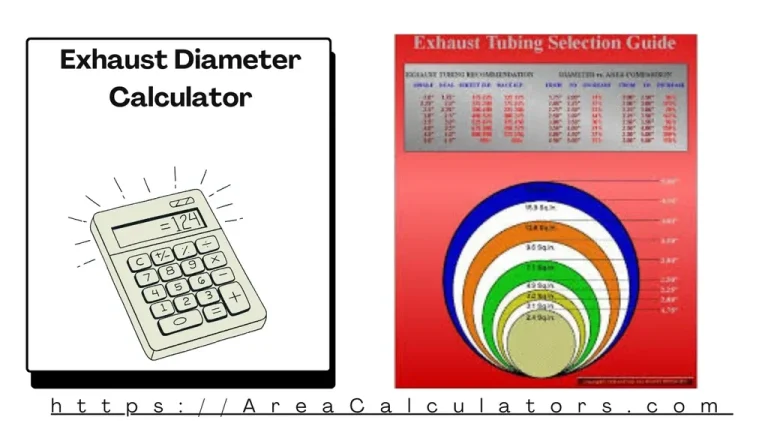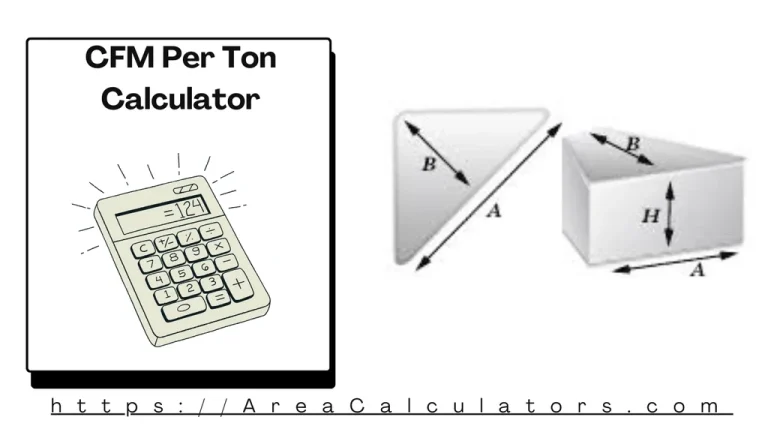LB/HR ↔ SCFM Calculator
To convert LB/HR (pounds per hour) to SCFM (standard cubic feet per minute), divide the flow rate in pounds per hour by 2695.76.
The LB/HR ↔ SCFM Calculator is a critical tool for engineers and professionals working with gas flow systems. This conversion is commonly used in industries such as HVAC, chemical processing, and oil and gas to standardize flow measurements between mass flow rate and volumetric flow rate under standard conditions.
Formula
SCFM = (LBS/HR) / 2695.76
| Variable | Description |
|---|---|
| LBS/HR | Mass flow rate in pounds per hour |
| SCFM | Volumetric flow rate in standard cubic feet per minute |
Solved Calculations
Example 1: Convert a gas flow rate of 5391 lb/hr to SCFM.
| Variable | Value | Calculation | Result |
|---|---|---|---|
| LBS/HR | 5391 | 2.0 SCFM |
Example 2: Convert a gas flow rate of 8075 lb/hr to SCFM.
| Variable | Value | Calculation | Result |
|---|---|---|---|
| LBS/HR | 8075 | 3.0 SCFM |
What is LB/HR ↔ SCFM Calculator?
The LB/HR ↔ SCFM Calculator is a versatile tool that facilitates the conversion between pounds per hour (LB/HR) and standard cubic feet per minute (SCFM).
This is essential for applications involving gas flow rates in industries like manufacturing, chemical processing, and HVAC systems.
This calculator works by converting the mass flow rate (LB/HR) of gases into volumetric flow rates (SCFM) under standard temperature and pressure conditions.
For instance, whether calculating SCFM for air, nitrogen, or steam, this tool helps streamline gas flow measurements, ensuring accuracy and efficiency in operations.
For example, in an industrial setting, converting lb/hr to SCFM can assist in determining the proper equipment size for compressors or flow meters.
Professionals can also use it to calculate nitrogen flow in SCFM or understand steam flow rates with precision. Similarly, kg/hr to SCFM conversions are often necessary for international metric-based systems.
This calculator is especially useful for engineers, technicians, and operators who need quick and reliable gas flow measurements for equipment calibration, system design, or performance assessments.
Final Words:
In summary, the LB/HR ↔ SCFM Calculator is an indispensable resource for accurately converting gas flow rates between mass and volume units, enabling seamless project planning and system optimization.

![Duct Velocity Calculator [Airflow Rate, HAVC Duct Calculator 2025] 1 Calculator image for duct velocity and airflow calculation, duct velocity calculator tool, engineering duct flow measurement, HVAC duct velocity measurement device, relevance.](https://areacalculators.com/wp-content/uploads/2025/07/duct-velocity-calculator-768x432.webp)

